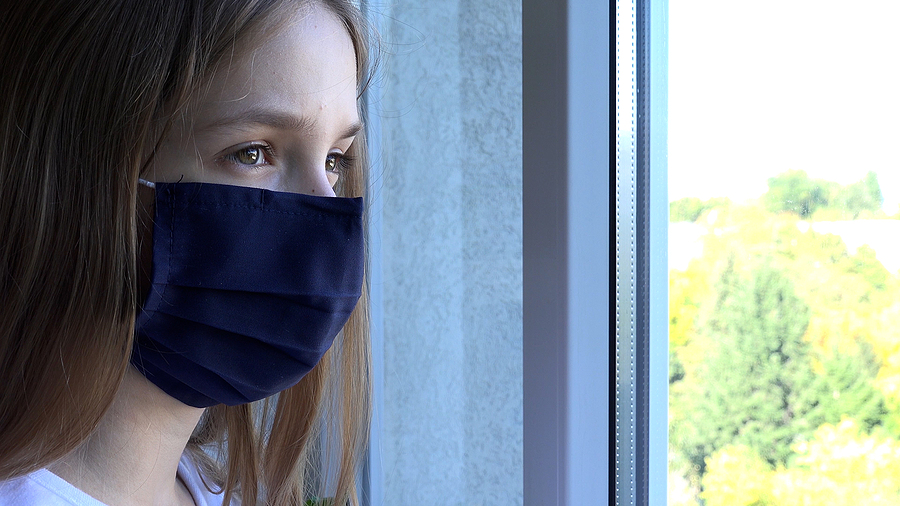It has been a tumultuous year for students and educators; children needed more social and emotional supports before the pandemic and now the situation is reaching a crisis level for many.
“We know for a fact that students are under more anxiety,” a Manchester teacher told legislators last week. “Children are dealing with record levels of depression and anxiety as they face multiple forms of trauma.”
Manchester teachers are just some of the many Connecticut teachers who have met virtually with their legislators recently to voice concerns about what they and their students are facing and ask the legislature to act.
The Manchester teacher told Senator Steve Cassano and Reps. Jason Doucette, Geoff Luxenberg, and Jason Rojas that legislation is strongly needed to make more counselors, special education teachers, social workers, and psychologists available for students.
A Manchester school social worker said that social emotional support for students needs to be prioritized ahead of assessments and testing, which just contribute to children’s trauma. “These kids just want to feel safe and connected right now,” she said.
“This whole year has been very traumatic on multiple levels for students,” she continued. “We are approaching a one-year anniversary of when schools closed. Anyone who knows grief knows the first year, there’s a lot of denial. The second year it hits you really hard. In the past weeks we’ve had several kids hospitalized—they are so overwhelmed. We’re getting more and more referrals for risk assessments.”
Working hard to meet the needs of students who are overwhelmed and anxious is also depleting teachers.
“We’re seeing things among teachers that we’ve never seen before, as far as mental health needs and really feeling overwhelmed,” said Manchester Education Association President Kate Dias. “One of the things that contributes to that is the constant pressure of assessment. We all feel that in some capacity. Teachers are thinking, ‘I’m doing everything I can to keep these kids together, and then I need to worry about an assessment and the kids feeling like failures on top of everything else they’re challenged by.'”
A ninth grade teacher said that half her students are hybrid learners and half are spending their entire first year of high school at home. “I gave my students checklists at the beginning of the year for assessing their own abilities, and their lowest capacity was in the social-emotional category,” she said. “Students are under such a different type of stress than we’ve ever prepared them for before. School is lacking the usual elements of joy that kids look forward to, pep rallies and school dances, for example.”
A teacher at Manchester’s alternative middle school said he and his colleagues feel spread very thin this year. “We take kids who have a lot to unpack—academically, emotionally, or both. More than anything else, our kids really desperately need routine and that’s just not possible this year. When that routine breaks down, they start to break down.”
“If people aren’t feeling safe physically or emotionally, the academics are a non-issue at that point,” the school social worker said.
Rep. Rojas said that schools will soon have to decide how they are going to spend federal dollars that will be coming to support students and make up for learning loss. He said he recently had a meeting with Senator Chris Murphy who is proposing significant federal money for summer enrichment.
“I don’t know how many teachers or students want to be in school this summer due to the fatigue,” Rojas said. “How do we think creatively about what kind of experience we can provide as far as enrichment?”
Rojas said that indoor air quality is another big issue during the pandemic, and that federal funding will give schools opportunities to address outdated HVAC issues.
Contact your local association leaders to set up a meeting with your legislators.







